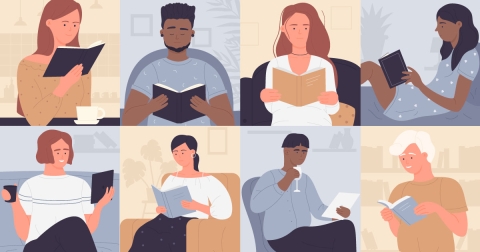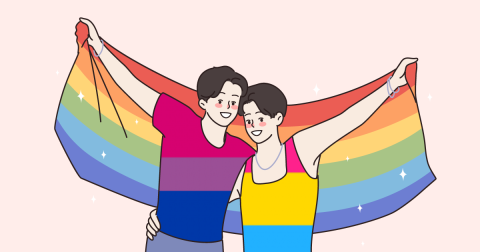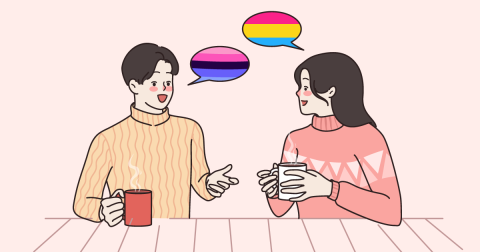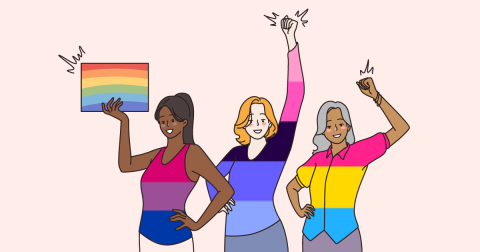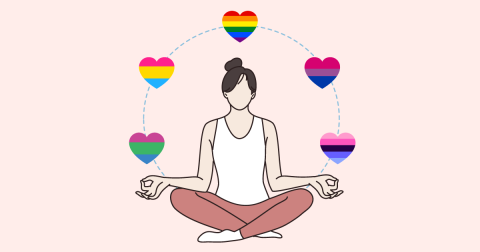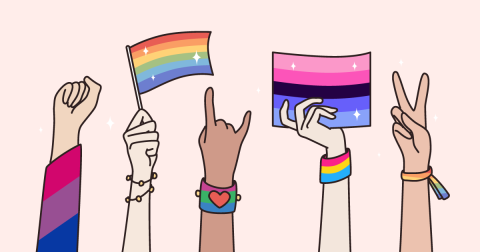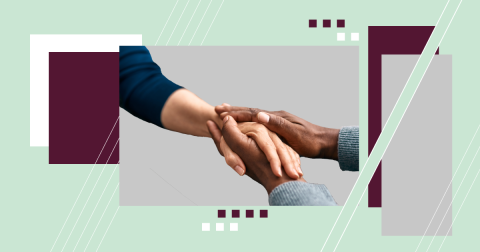- Sep 27, 2021
- Melissa Powers
During Banned Books Week, we celebrate the freedom for everyone to be able to choose what they read and deny censorship.
- Sep 22, 2021
- JL Heinze
Biphobia, or the fear or rejection of Bi+ identities and people, has been pervasive throughout history and is still present today.
- Sep 22, 2021
- JL Heinze
The Bi+ community has struggled to be seen both as part of the LGBTQ+ spectrum and a community of its own kind, particular to itself. As a result, Bi+ specific resources are less common than resources for other LGBTQ+ communities. Despite this, there has been a growing awareness of the unique needs of the Bi+ community.
Guides & Publications
- Sep 22, 2021
- JL Heinze
*This blog covers issues of sexual violence, self harm, and discrimination and may be triggering for some readers.
Sexual Violence Statistics
- Sep 22, 2021
- JL Heinze
The Bi+ community has faced and continues to face adversity and difficulty in being recognized and respected.
- Sep 22, 2021
- JL Heinze
In the book A History of Bisexuality, Steven Angelides raises an important question: How can we construct the history of an identity which, until recently and even now, is thought to not exist? As with any history of social movements and identities, it’s first important to understand that learning history can also inadvertently be a practice of erasure.
- Sep 16, 2021
- JL Heinze
Viral content is the most prevalent form of media in our current day and age. Videos, stories, and photos can span the globe within a matter of seconds through the reach and accessibility of technology. Viral content tends to be eye-grabbing, shocking, or outlandish, and acts as a form of entertainment that feels like news or current events.
- Sep 16, 2021
- JL Heinze
Although all forms of trauma are damaging, trauma that comes from sexual violence is uniquely difficult.
- Sep 16, 2021
- JL Heinze
Trauma occurs because of the way the human brain is wired. We are programmed to remember things that will be useful for our survival and help us remain safe in the future. When something very bad, painful, or scary happens, our brain wants to keep us safe and make sure it doesn’t happen again.
- Sep 16, 2021
- JL Heinze
ACEs: Also known as Adverse Childhood Experiences, ACEs are childhood experiences of abuse (be it physical, emotional, sexual, or mental) and neglect or larger incidents of
Pagination
- Previous page
- Page 15
- Next page

